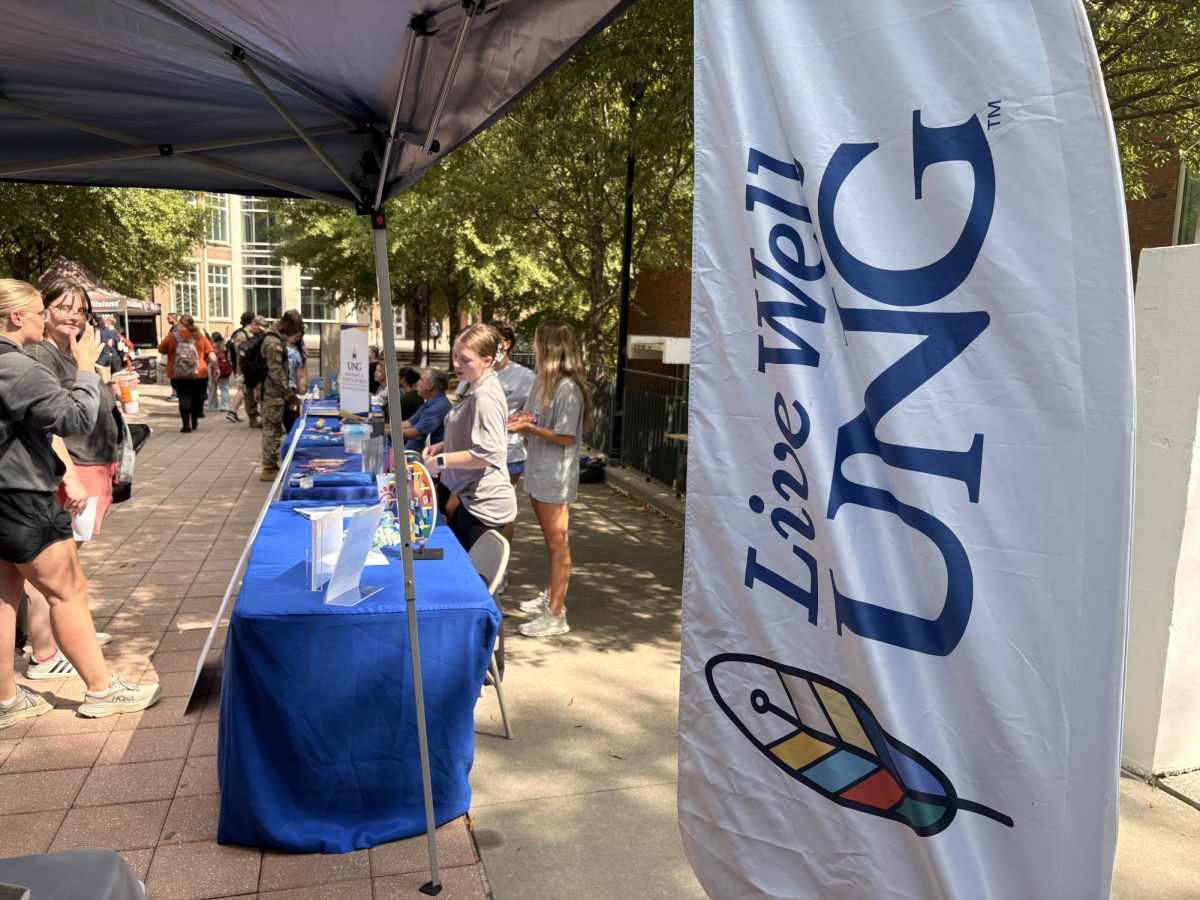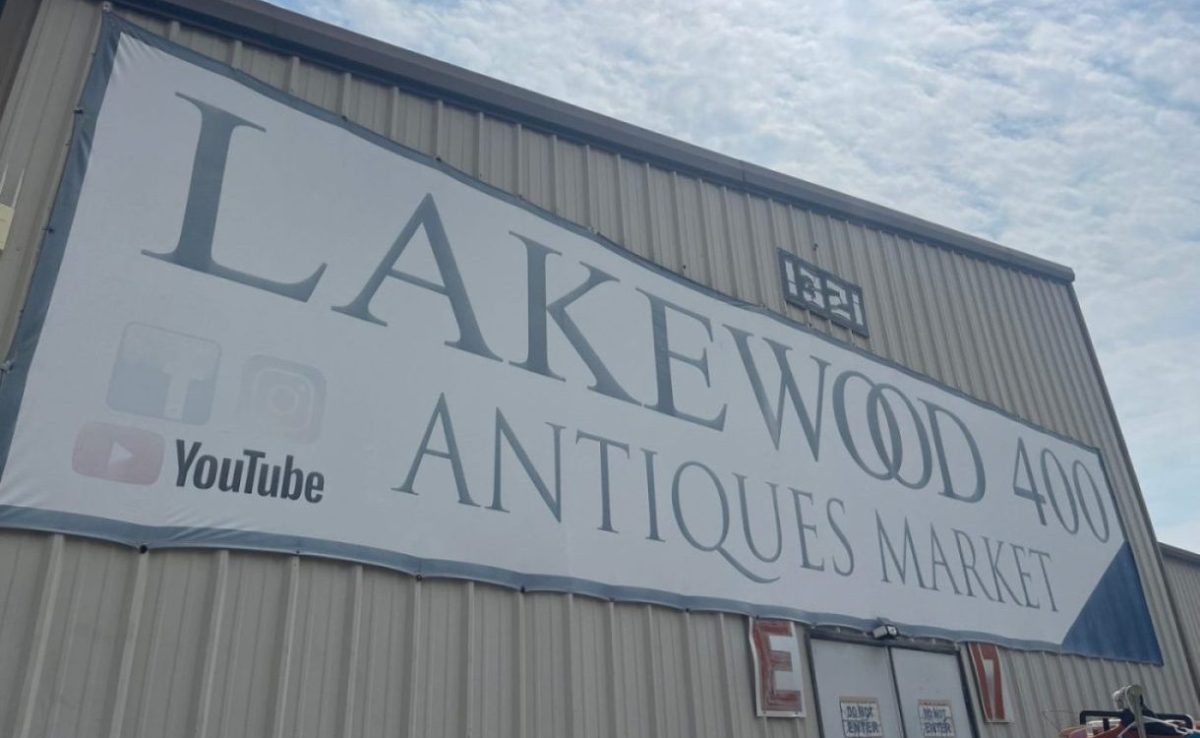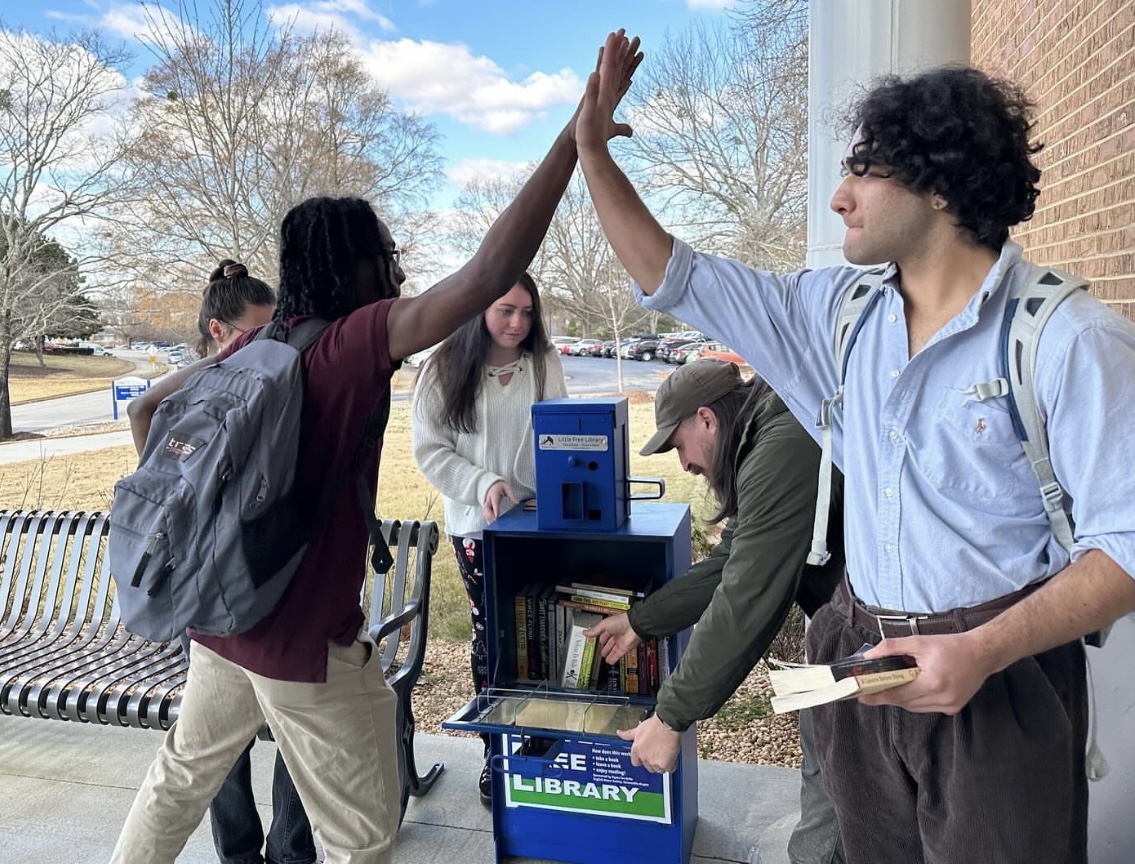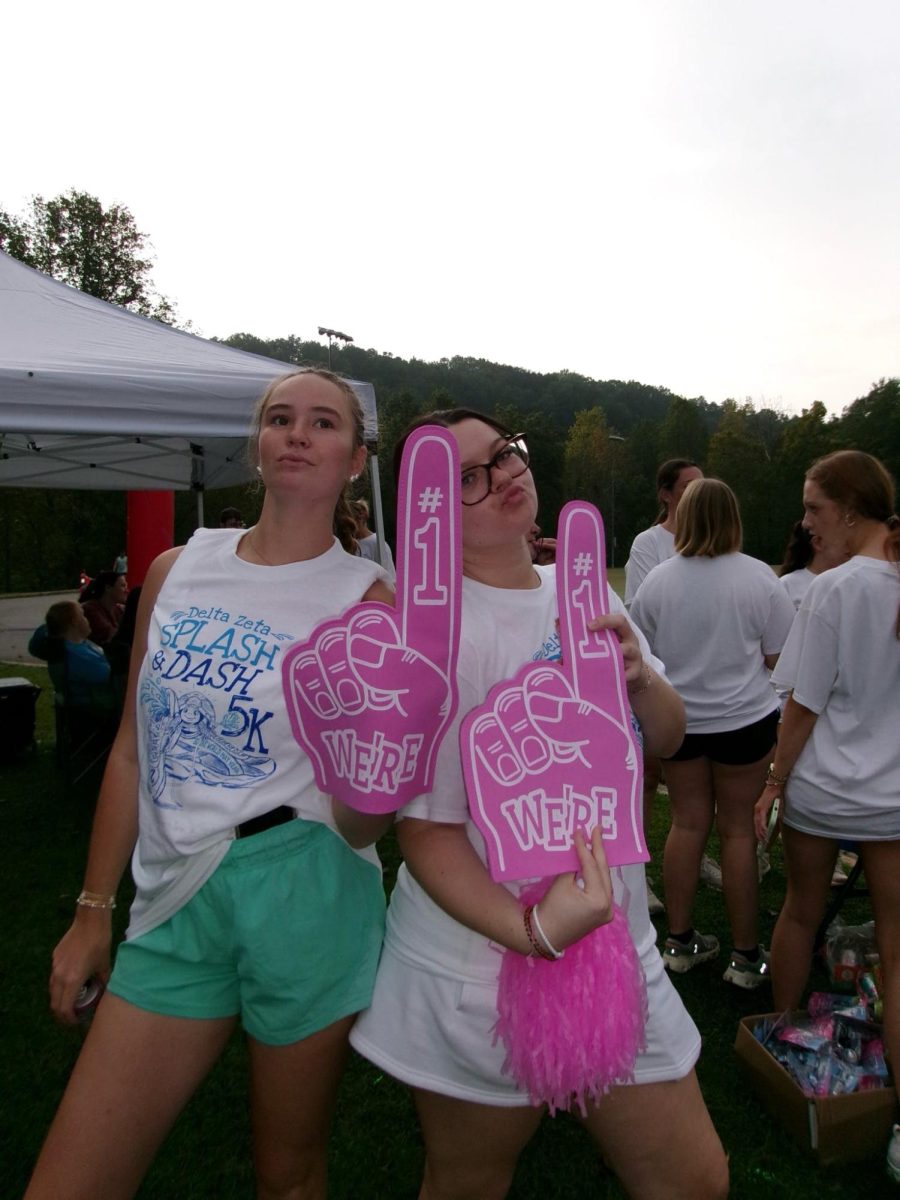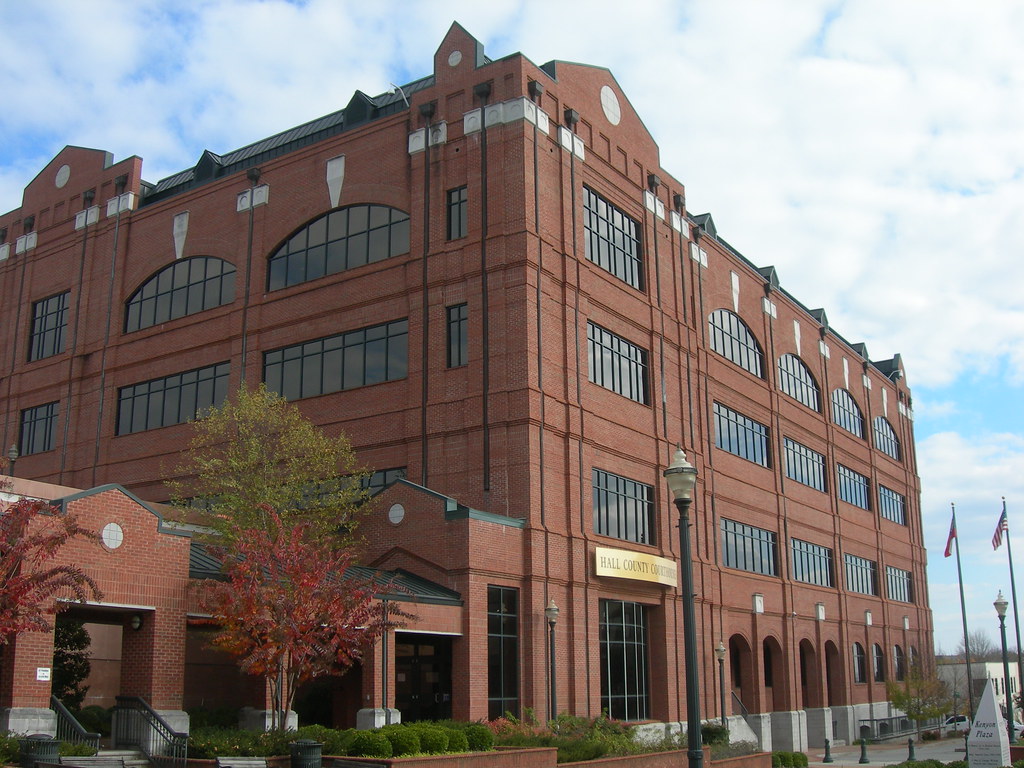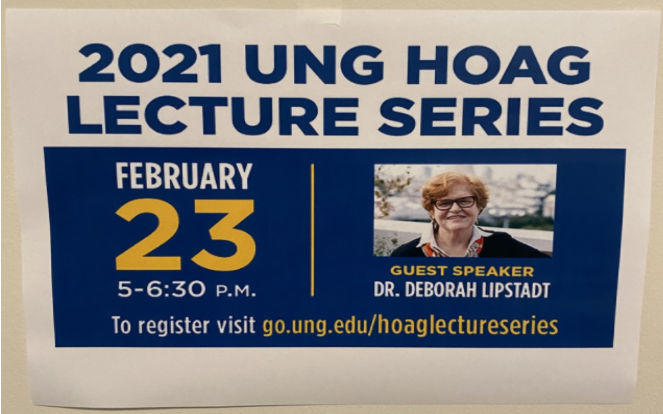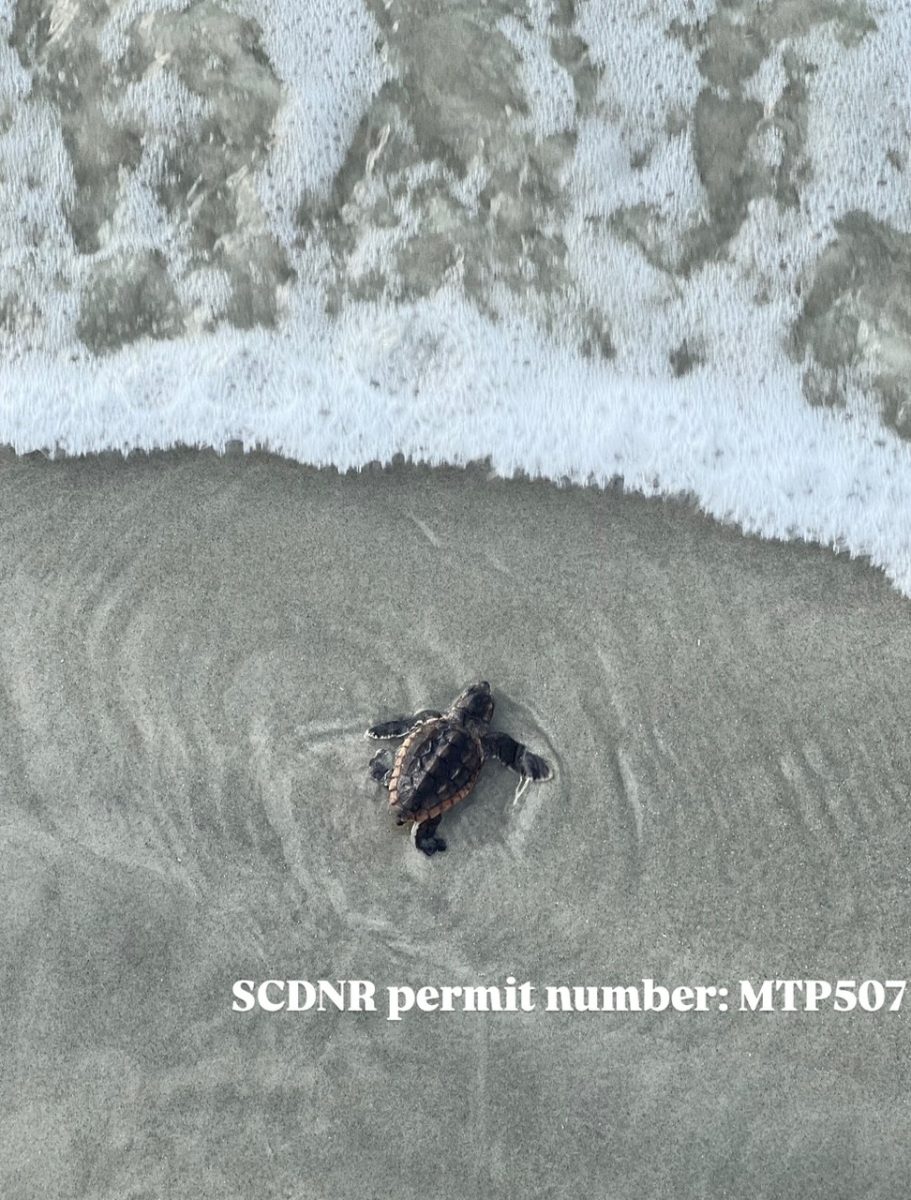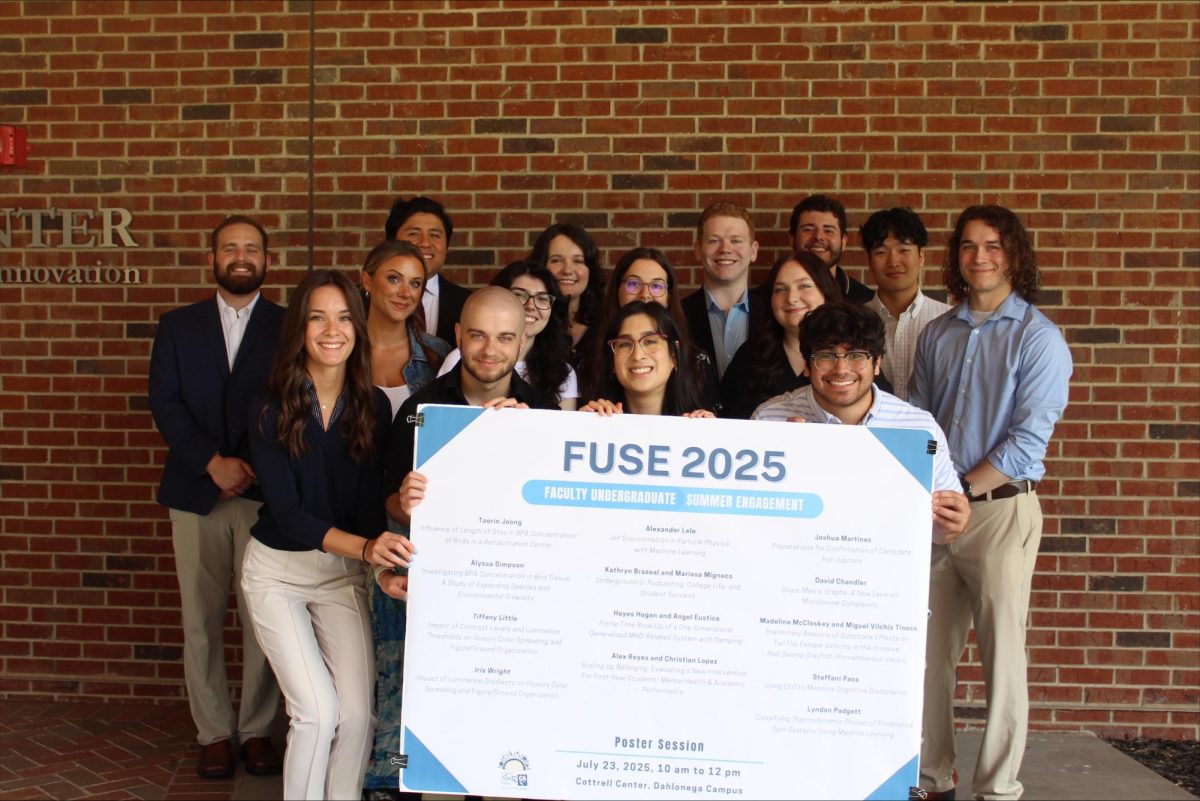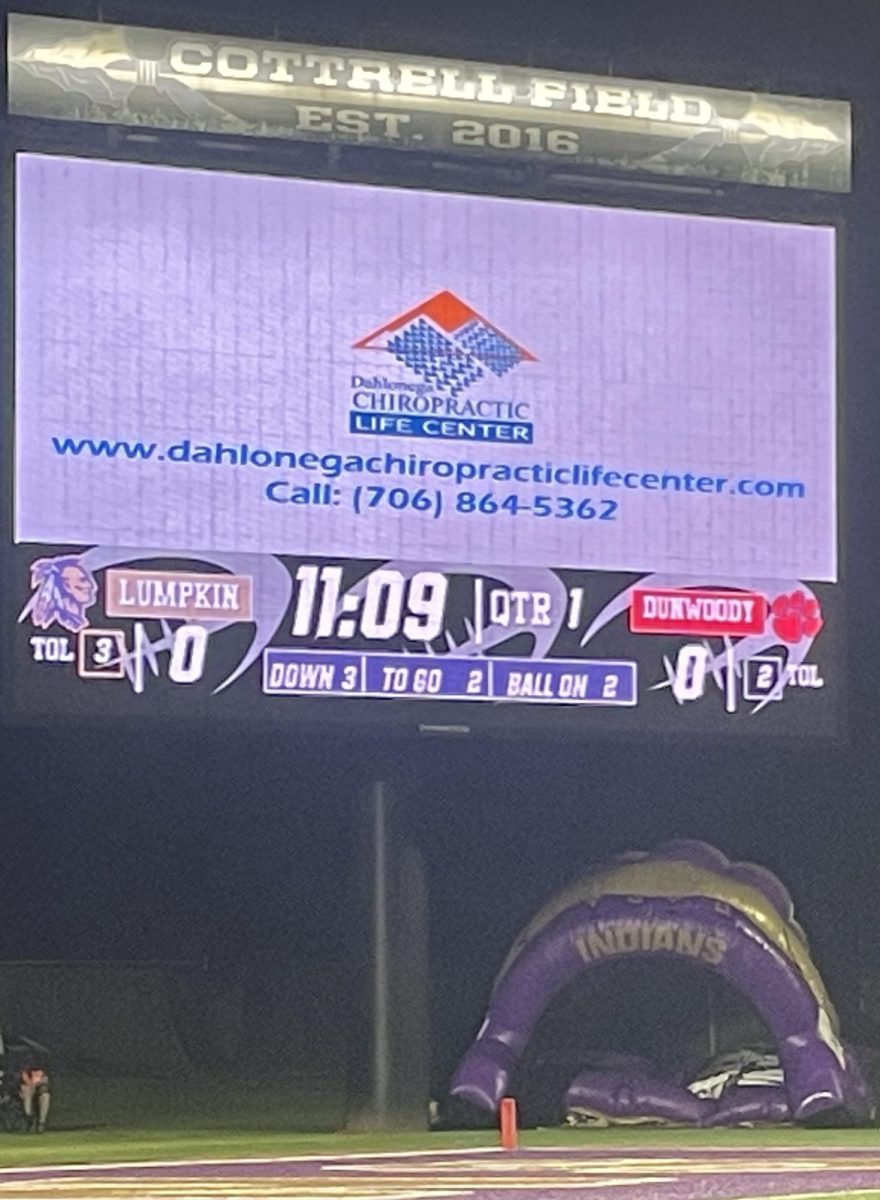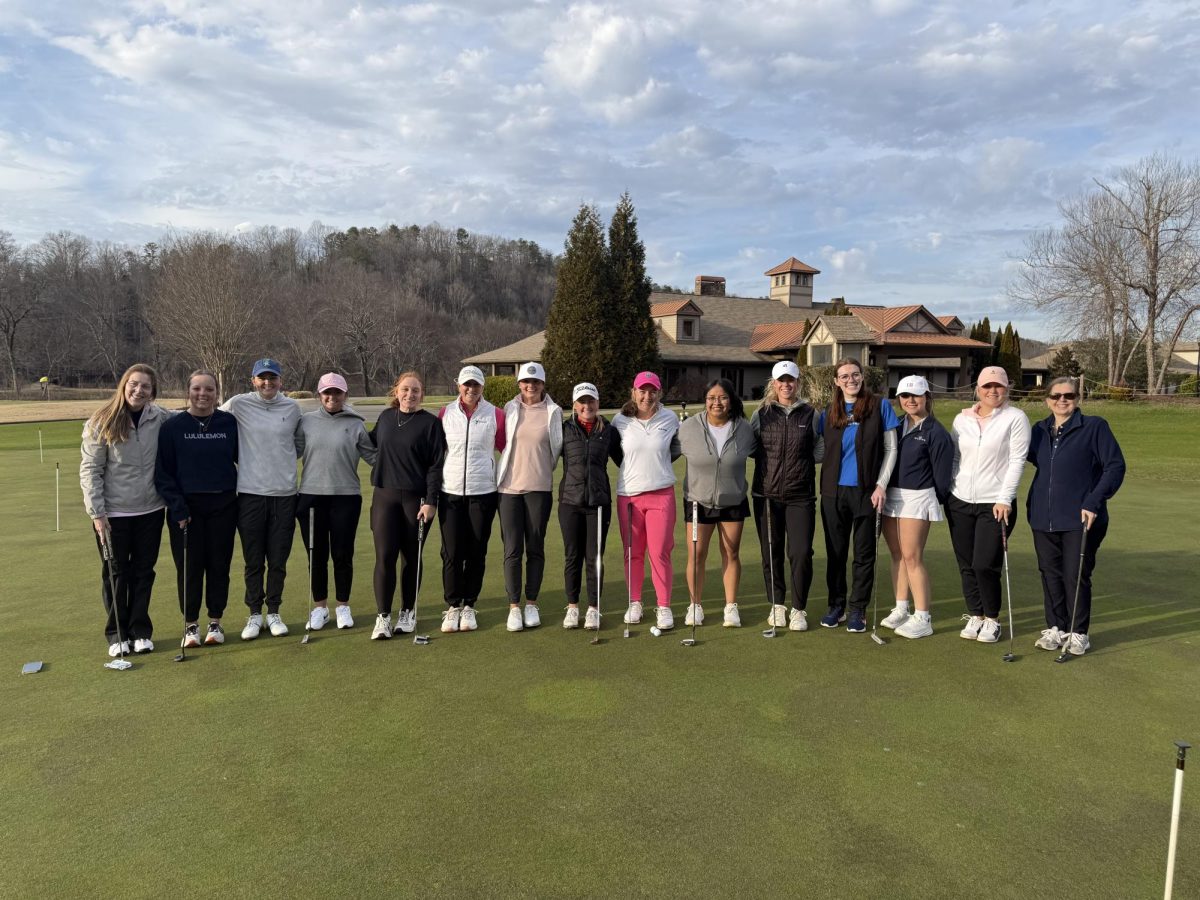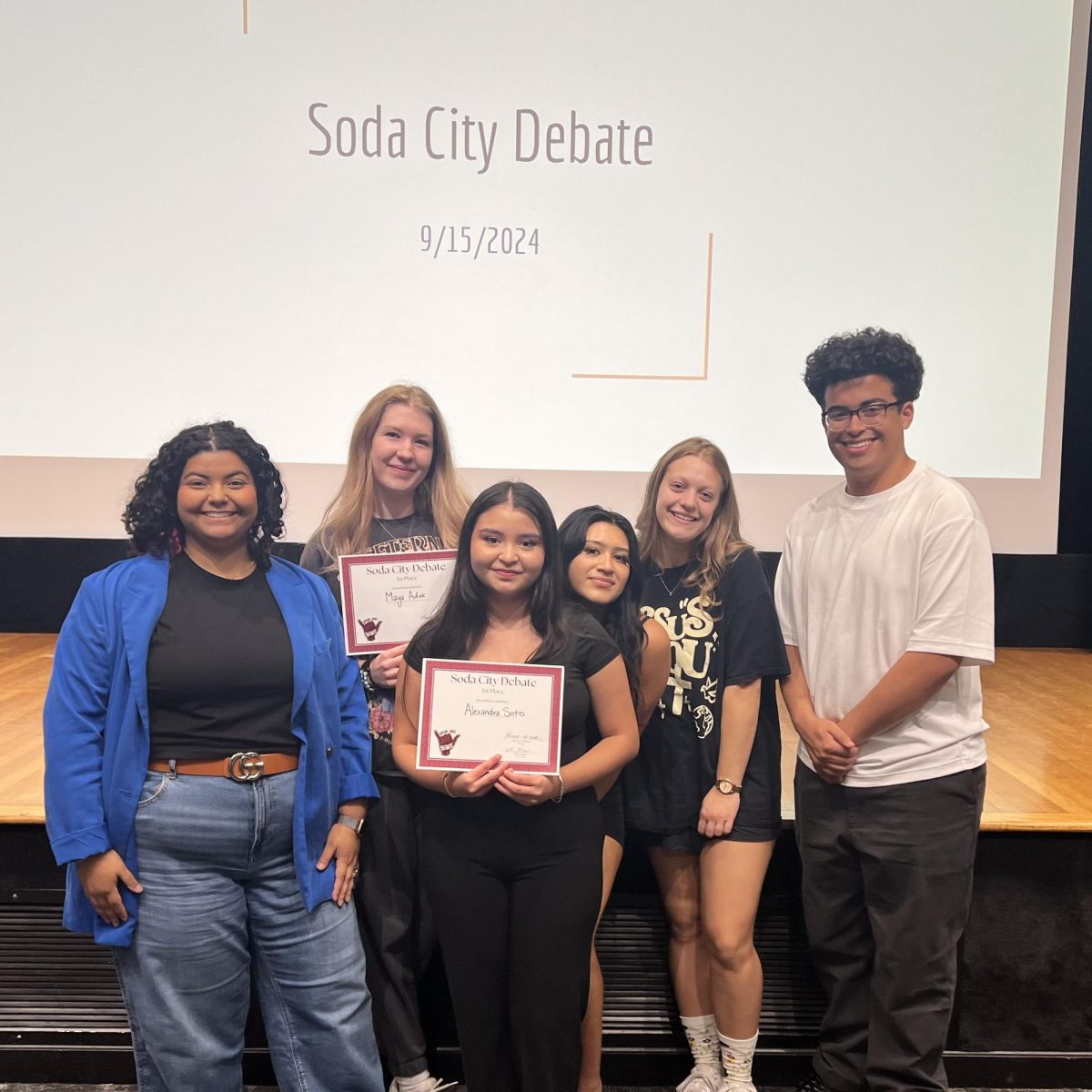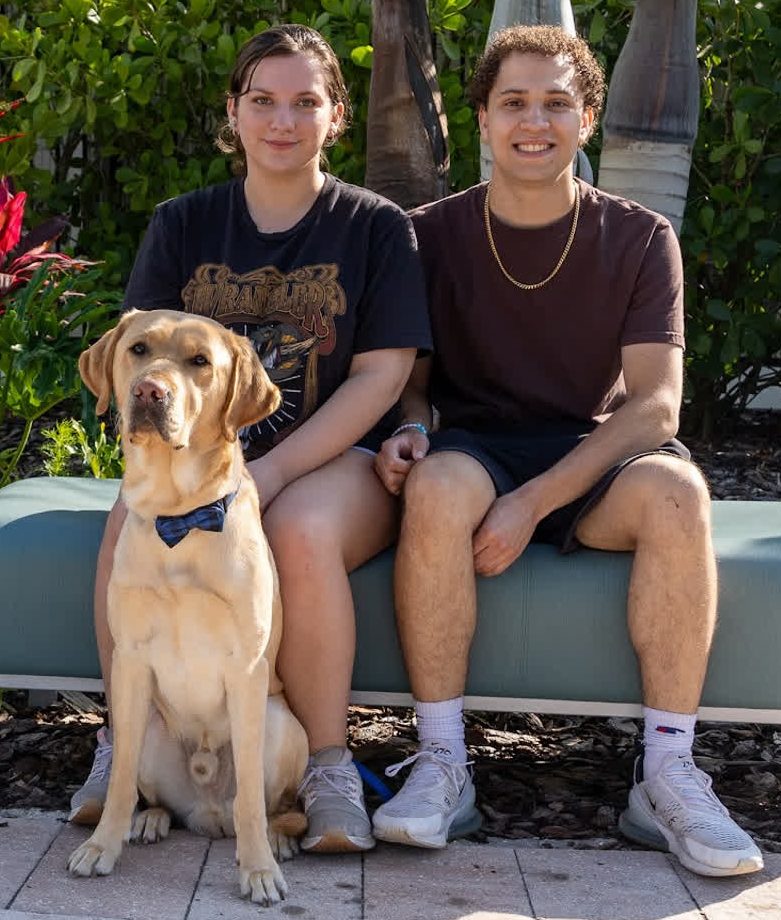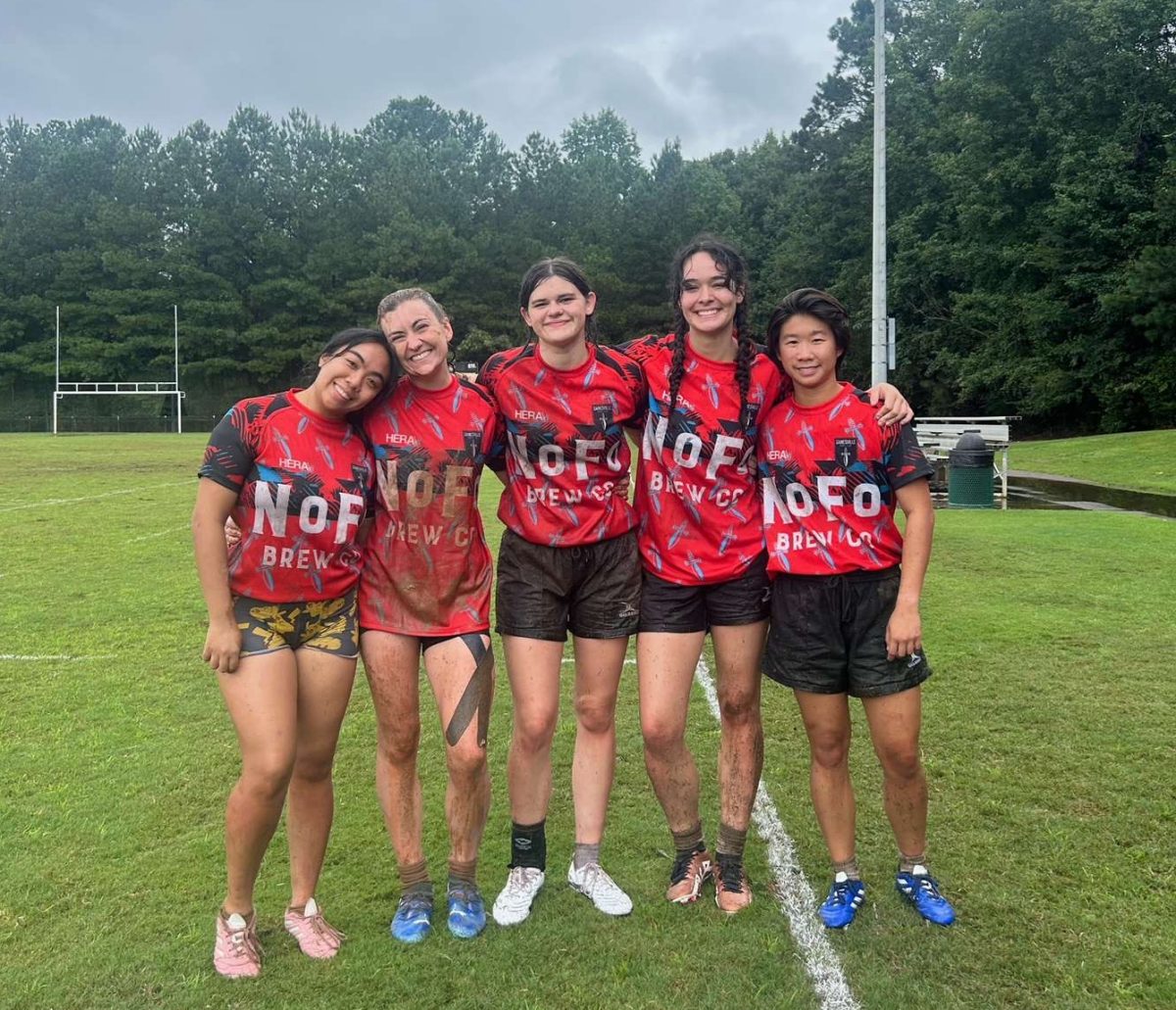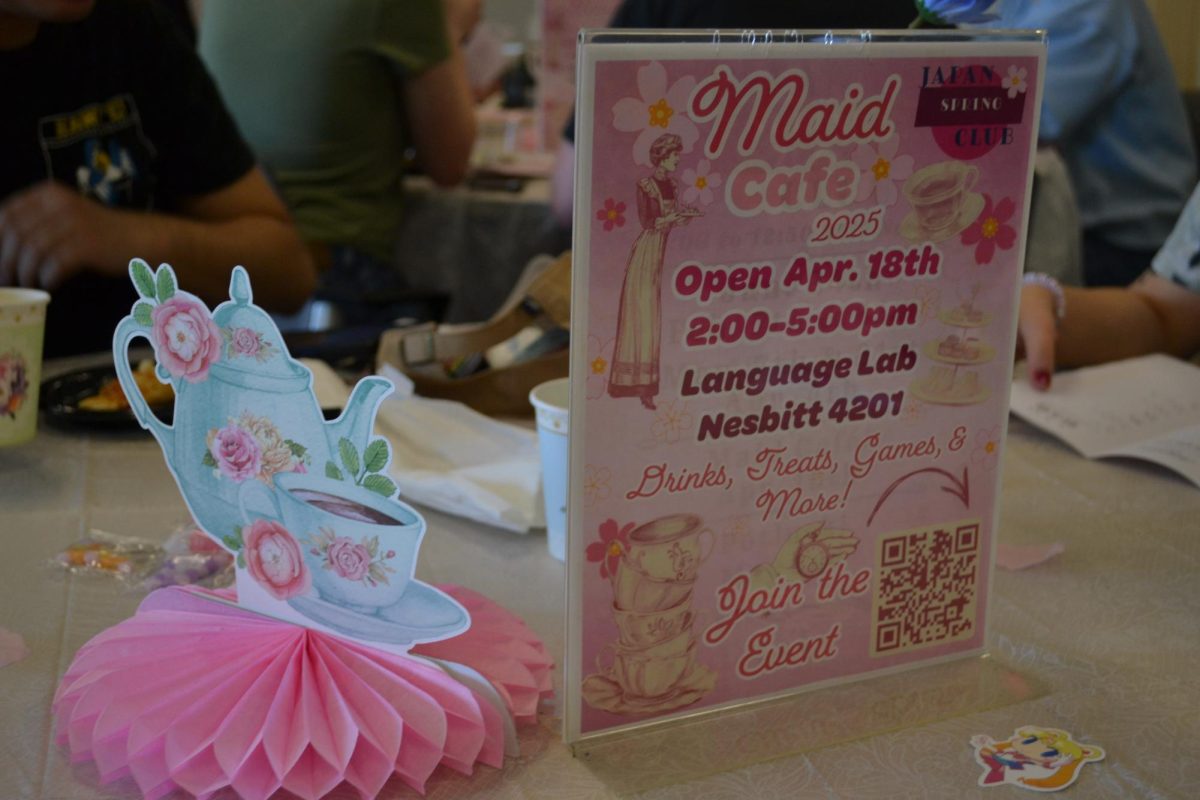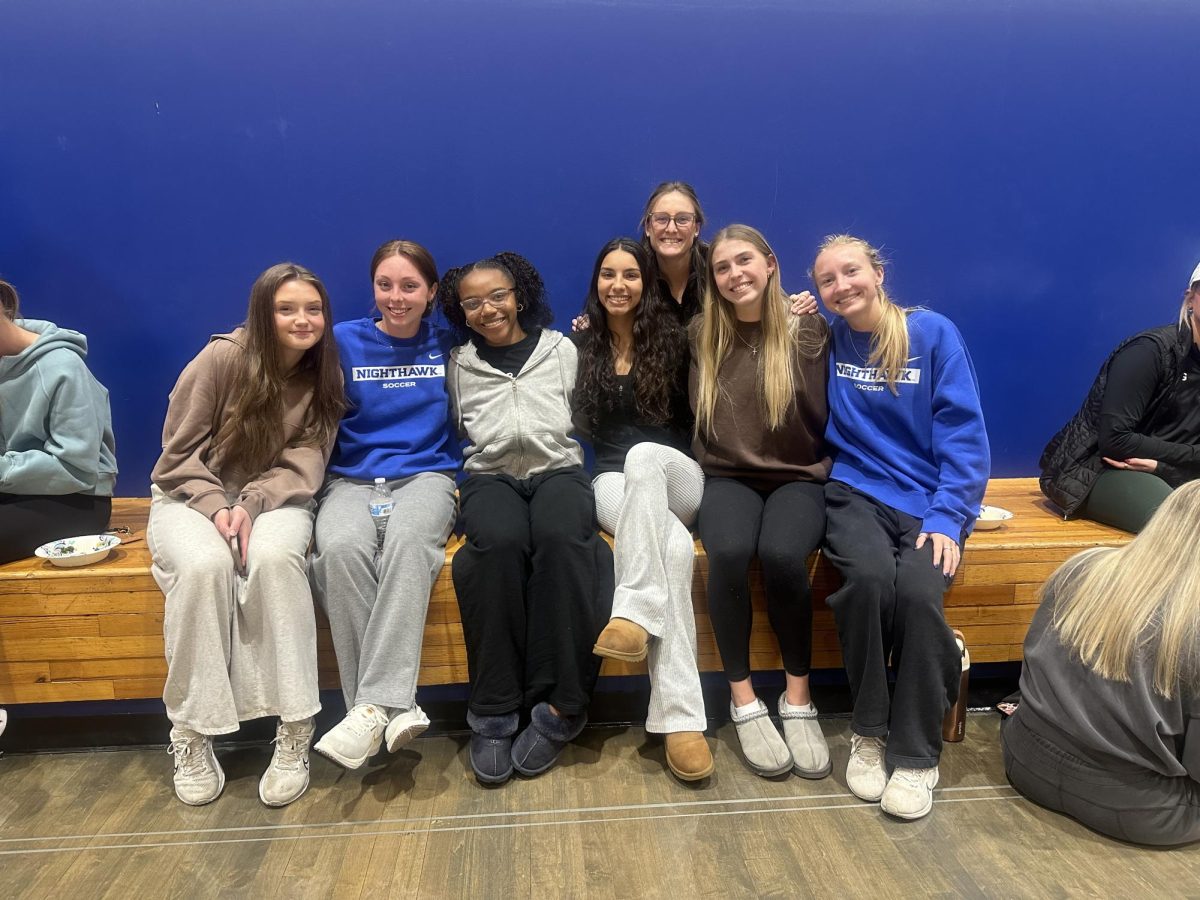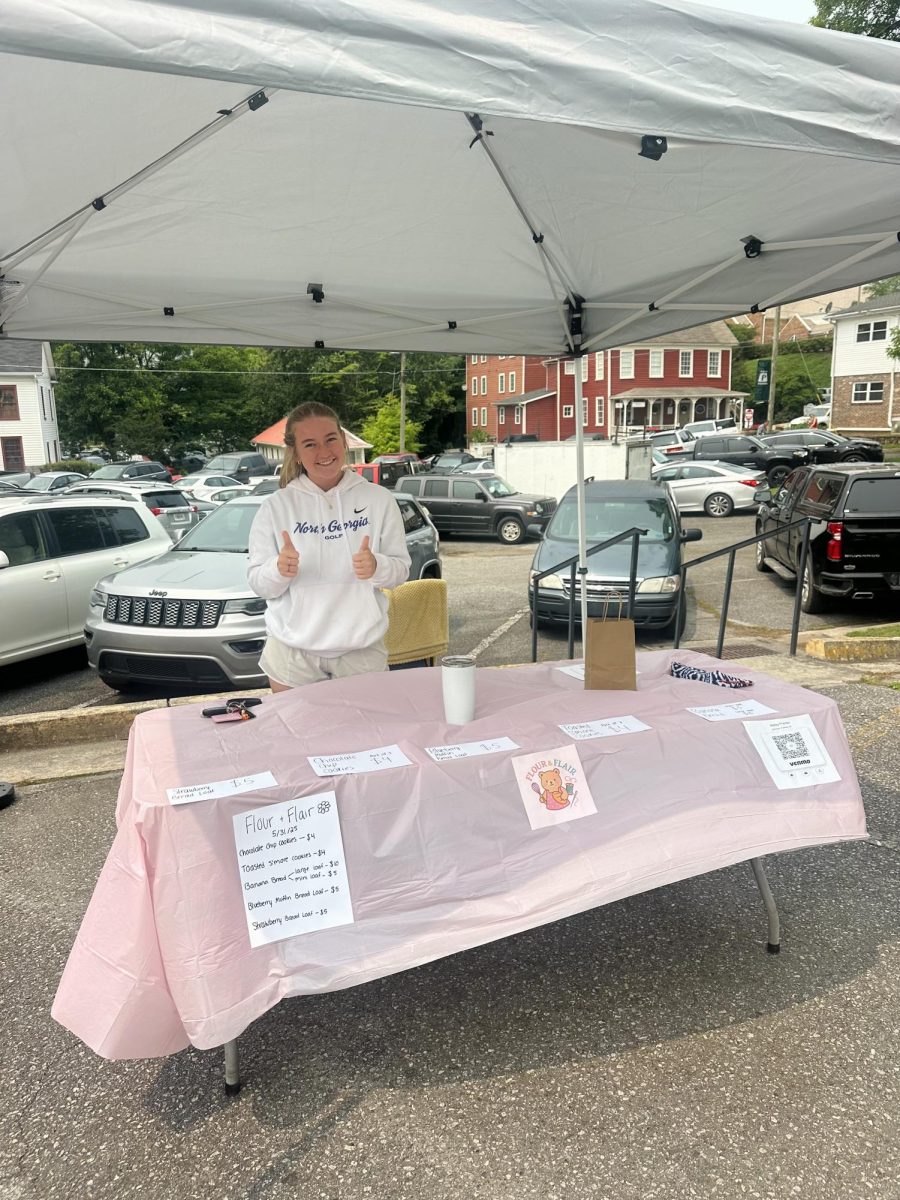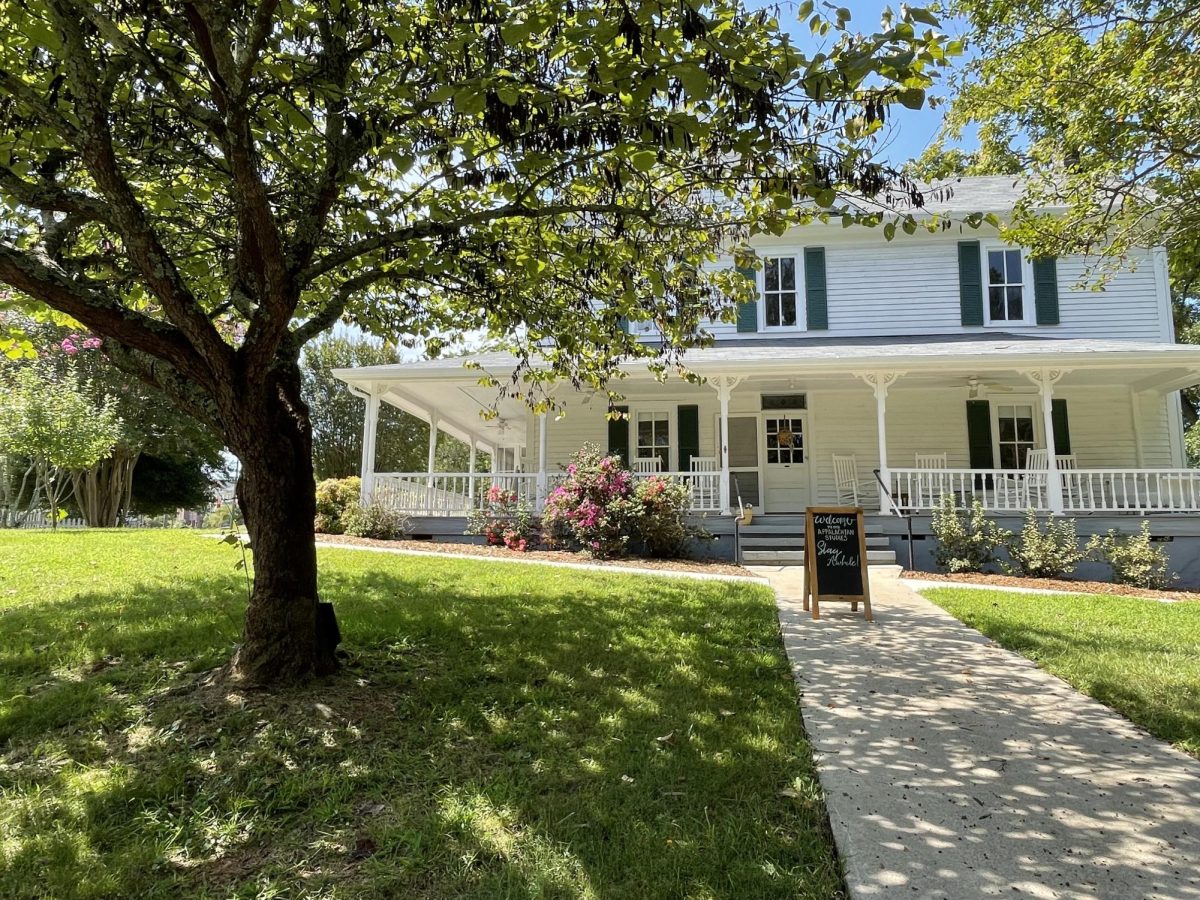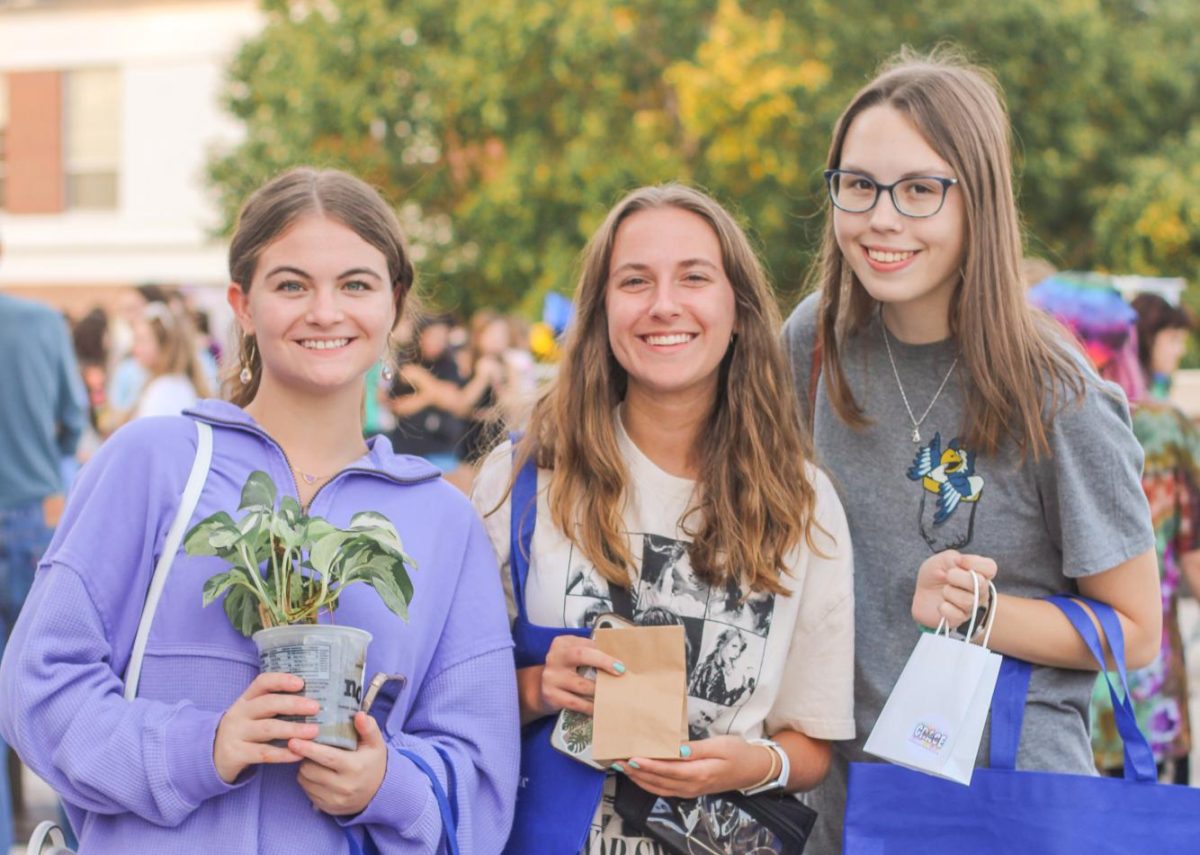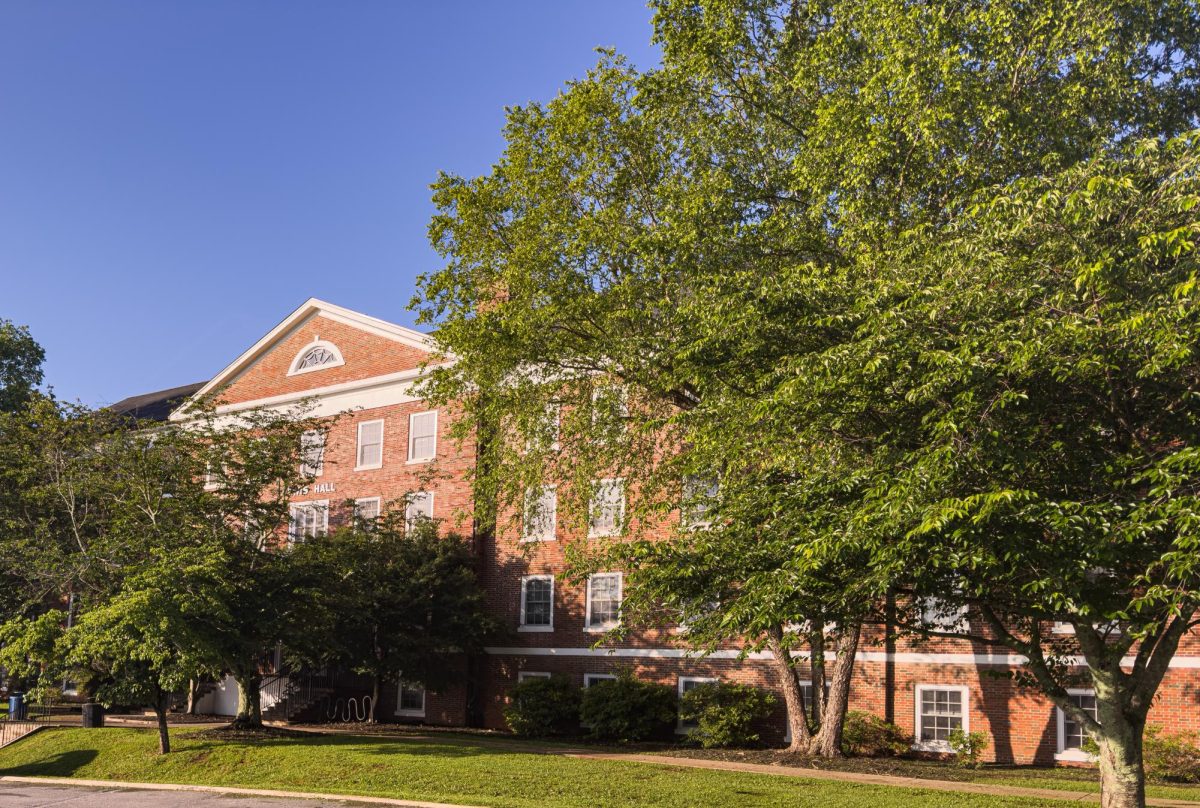One of the main purposes of the Hoag Lecture Series at the University of North Georgia is to spread awareness and begin discussions about modern social issues among students.
Dr. Deborah Lipstadt, globally known antisemitism scholar, gave a lecture via zoom as part of the Hoag Lecture Series on contemporary antisemitism in culture and politics. Her lecture covered the definition of antisemitism, its historical context and significance, the subtleties and nuances of antisemitism, holocaust denial, and how non-jews can be allies and combat antisemitism.
Dr. James Badger, member of the Hoag Lecture Series committee, believes that everyone will benefit from listening to Lipstadt, regardless of their cultural background or leaning towards political or social issues. “Her work will appeal to students and faculty”, said Badger.
Lipstadt began her lecture by defining antisemitism and the differences between antisemitism and regular hatred. “Antisemitism is specifically hating someone because they’re jewish, not just hating someone. Comparable to racism or any other form of bigotry, there has to be prejudice towards someone because they belong to a specific group.” Lipstadt explained.
Lipstadt also explained how antisemitism can come from both sides of the political spectrum. According to Lipstadt, right-wing antisemitism is typically more physically violent and prevalent, with Lipstadt citing groups such as the National Alliance, the Proud Boys, and the White Aryan Resistance as examples. Albeit less prevalent, Lipstadt emphasized that left-wing antisemitism is still an issue, usually taking the form of criticising Israel and attributing said criticisms to the fact that Israel is a Jewish state.
Lipstadt finished her lecture by addressing the topic of holocaust denial and all of its implications. Lipstadt explained that for holocaust deniers to be correct, there would need to be all sorts of people who are wrong, including survivors and victims, bystanders and witnesses, and even the perpetrators themselves.
Daniel Barker, junior math major, attended the lecture and said he found it to be interesting and insightful. “Antisemitism is something I’m very much against and this lecture was something that I got a lot out of. I especially found the part about holocaust denial to be interesting, I hadn’t considered what it would mean for holocaust deniers to actually be right.” said Barker









